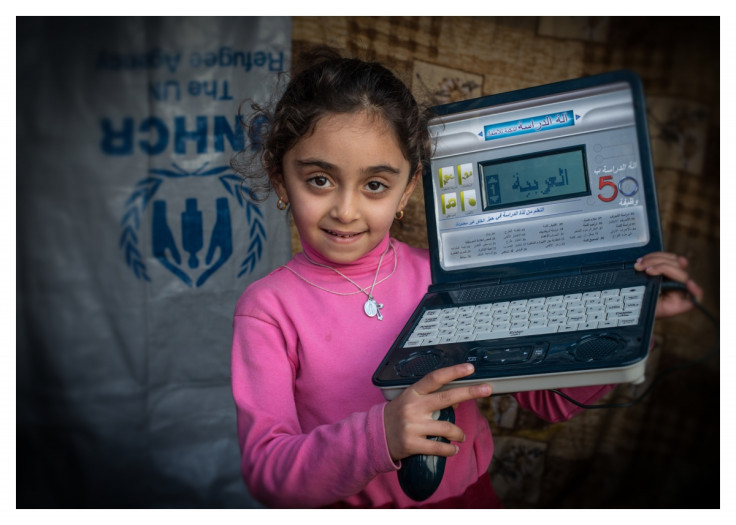Refugee crisis: Switzerland seizing assets from migrants to fund their upkeep

Like Denmark, Switzerland is stripping refugees of their assets to contribute towards their upkeep. The arrivals are required to hand over any property over the value of £691 (CHF1,000, $996), prompting alarm from the UN's Refugee Agency (UNHCR).
Swiss broadcaster SRF's news programme, 10vor10 showed a receipt which had been given to a Syrian refugee by authorities. He said that he was issued with it after being forced to surrender more than 50% of the remaining cash that he and his family had, after paying traffickers to get them into the country.
An information sheet read: "If you have property worth more than 1,000 Swiss francs when you arrive at a reception centre you are required to give up these financial assets in return for a receipt." Asylum seekers who do secure the right to live and work in the alpine country will also be required to hand over 10% of their salary for up to a decade, or until they pay back CHF15,000 (£10,415, $14,950). This obligation does not apply to refugees recognised under the 1951 UN Refugee Convention, which defines their rights and the legal obligations of states.
UNHCR spokesman William Spindler told IBTimes UK: "[The] UNHCR has drawn attention to the fact that having to contribute a part of their salary could be an obstacle to accessing the labour market and to the integration of asylum seekers and persons with recognised protection needs." He added: "There is a new legislative proposal to abolish this provision and we would very much hope it will be adopted."
Switzerland's migration authority, SEM, defended the policy and said that the law requires asylum seekers and refugees to pitch in for the costs associated with processing applications and social services. "If someone leaves voluntarily within seven months this person can get the money back and take it with them. Otherwise the money covers costs they generate," an SEM spokeswoman told the Swiss broadcaster.
Denmark is currently amending a controversial proposal to grant authorities the power to seize migrants' cash and other valuables worth more than 10,000 kroner (£1,000; €1,340, $1,450). Wedding rings and items of a sentimental value will not be taken, but the move has drawn comparisons to the Nazi policy of confiscating gold and other valuable items from Jews and others.
Danish Prime Minister Lars Lokke Rasmussen said it is the most"most misunderstood bill in Denmark's history" after coming under fire from the UN. "Refugees have lost their homes and almost everything they possess," Spindler told the BBC. "It beggars belief that somebody would want to strip them away from the little they have managed to salvage from their lives.
"Refugees need and deserve compassion, understanding, respect and solidarity," he added. Danish MPs will vote on the bill later this month.
IBTimes UK asked SEM to comment on the policy, but the migration authority had not responded at the time of publication.
© Copyright IBTimes 2025. All rights reserved.





















